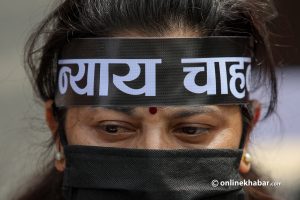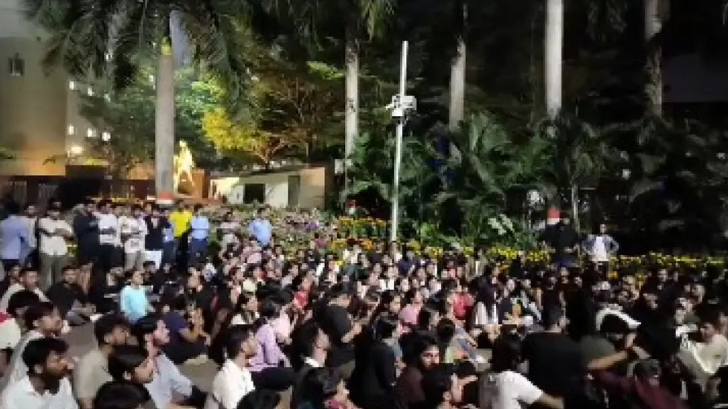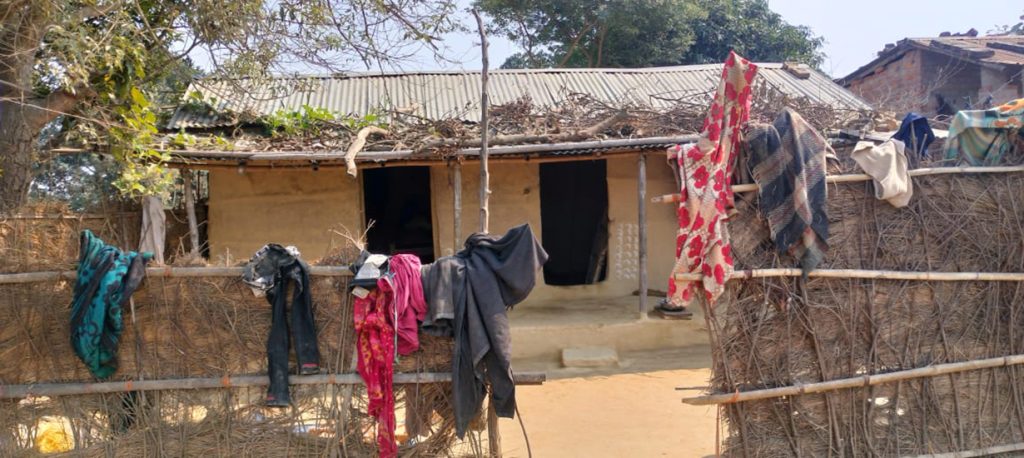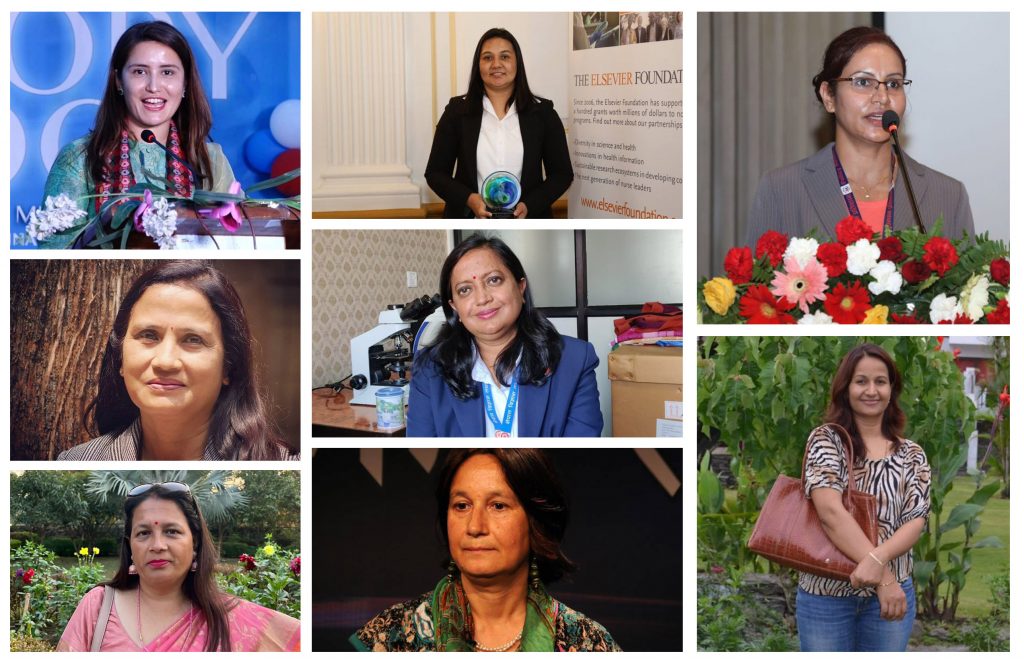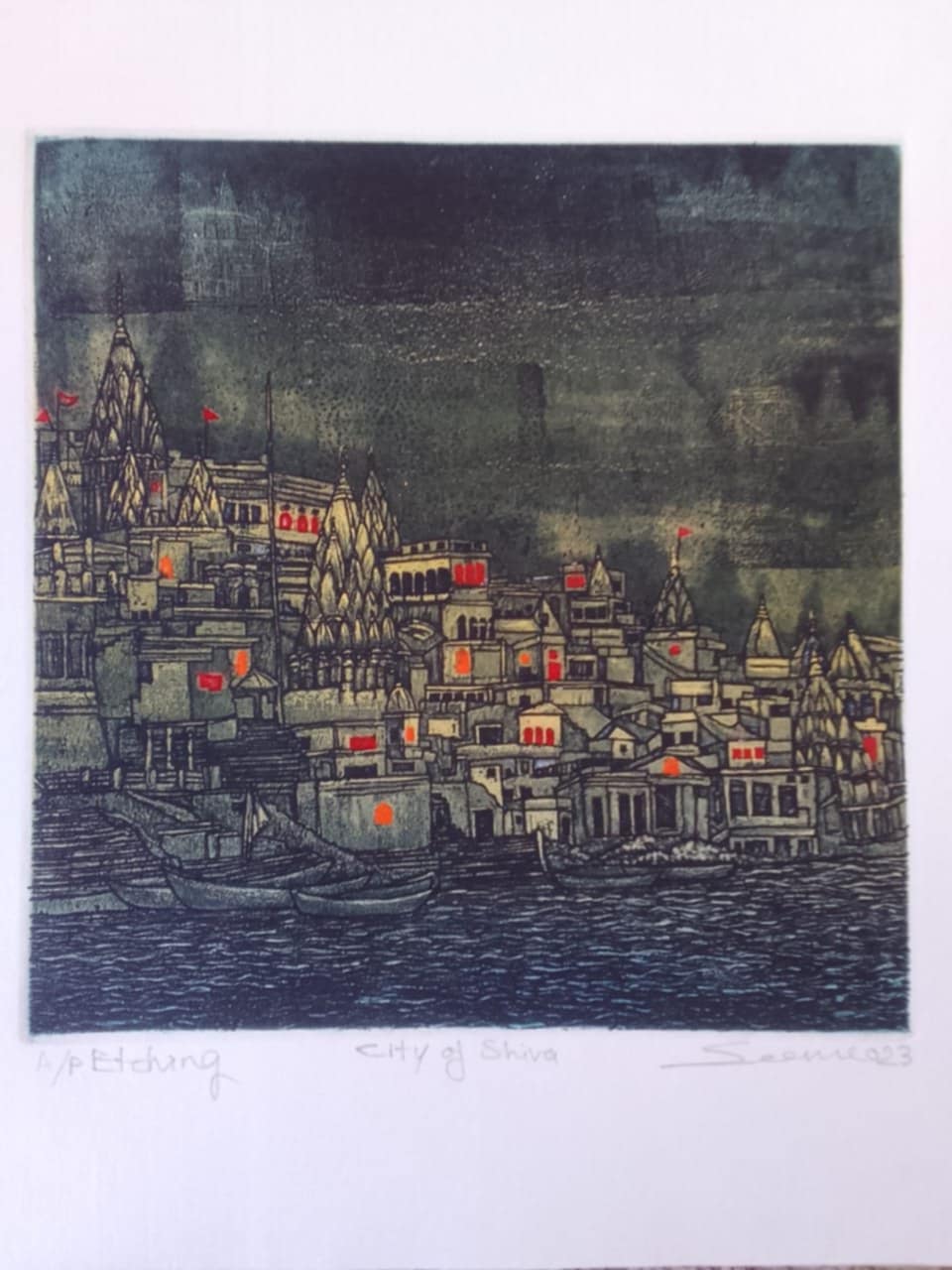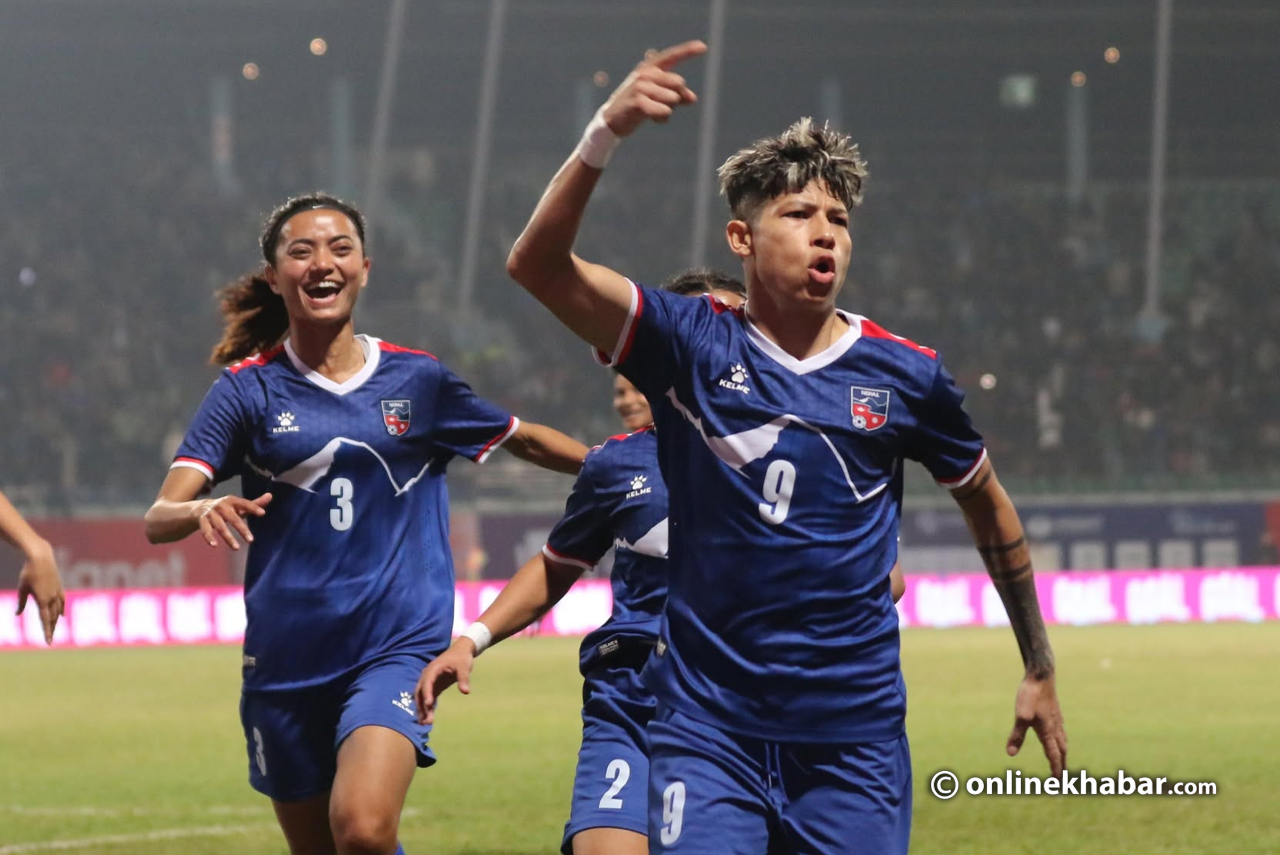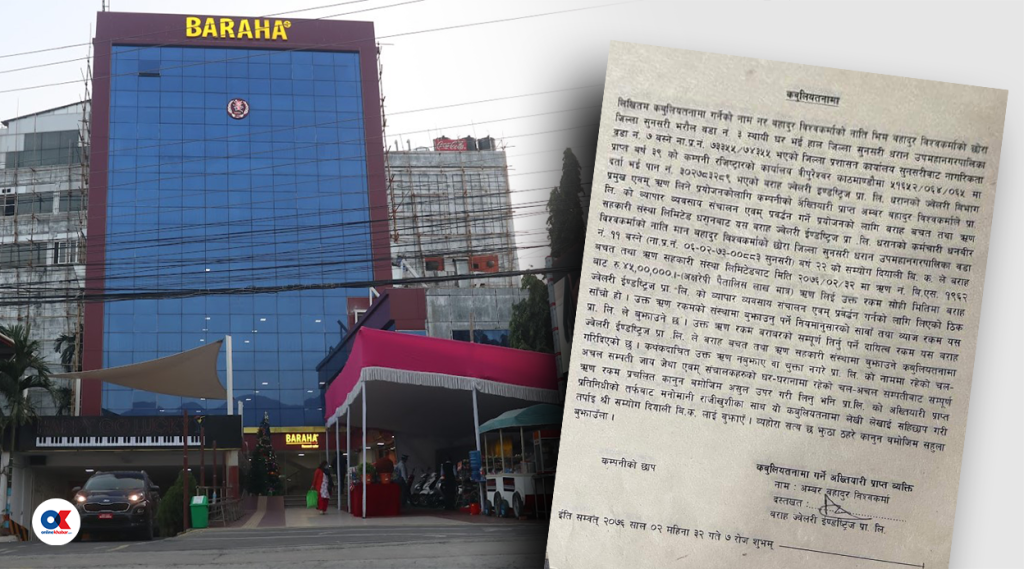Marriage is primarily a social union found in every society. Nevertheless, this social institution is also ruled by the laws of the country. For instance, in 1854, the Government of Nepal passed the Muluki Ain (the Civil Code) commissioned by Jung Bahadur Rana. This law had various provisions on marriage such as a marriage between someone of a lower caste and someone of a higher caste is a crime.
Over the years, various amendments were made, and today, the country’s system no more criminalises inter-caste marriage. Instead, obstructing an inter-caste marriage is considered a crime today.
Criminalisation of discrimination

- The Caste-based Discrimination and Untouchability (Offence and Punishment) Act, 2011, mentions that the state should make timely provisions to protect the right of every person equality on the ground of origin, caste and any other circumstance on it preamble.
- Further, Section 2 (f) of the Act has a provision that everyone has the right to marry and choose the bride or groom.
- Section 4 (11) of the same Act illustrates that no one shall, on the ground of origin, caste race, descent, community, occupation or business, prevent a person of marriageable age under the prevailing law from getting inter-caste marriage or deny to perform the naming ceremony for the person born from such marriage or compel, or cause to compel, one to dissolve the already concluded marriage.
- Section 7 states that if any person commits the offence mentioned in Section 4 shall be liable for imprisonment for a term from two months to two years and a fine from Rs 20,000 to Rs 100,000.
Constitutional provision
Additional to the above law, there are various provisions that restrict anyone from discriminating others in the name of caste under the constitution of the country.
- Article 18 of the Constitution of Nepal has mentioned that all citizens shall be equal before the law.
- Article 24 mentions no person shall be subjected to any form of untouchability or discrimination in any private and public places on grounds of his or her origin, caste, tribe, community, profession, occupation or physical condition.
Provisions in Civil Code 2017

Section 18 of the Civil Code 2017provides that no discrimination shall be made in the application of general law on grounds of origin, religion, colour, caste, race, sex, physical condition, disability, condition of health, marital status, pregnancy, economic condition, language, region, ideological conviction or on similar other grounds.
Section 67 states that if a man and a woman accept each other as the husband and wife through any occasion, ceremony, formal or other act, a marriage shall be deemed to have been concluded.
Similarly, Section 70 has mentioned conditions upon which a man and a woman can conclude the marriage.
- If the man and the woman agree to accept each other as husband and wife.
- If the man and the woman are not relative, punishable by law on incest.
- If the matrimonial relationship of both the man and the woman does not exist.
- If both have attained twenty years of age.
With an aim to encourage inter-caste marriage, the government of Nepal announced an incentive of 100,000 rupees if any marriage is conducted between people belonging to different castes. The gesture was meant to end discrimination against the country’s Dalits who still face caste-based discrimination.
Despite all the progressive laws, the nation is not being able to eliminate caste-based discrimination from the country. The major reasons for not being able to eliminate is that people have normalised inequality and is considered a ‘way of life. The misconception must be challenged and raged against. After all, in an equal society where every caste is treated the same, not only benefits the so-called lower castes but the society as a whole.






